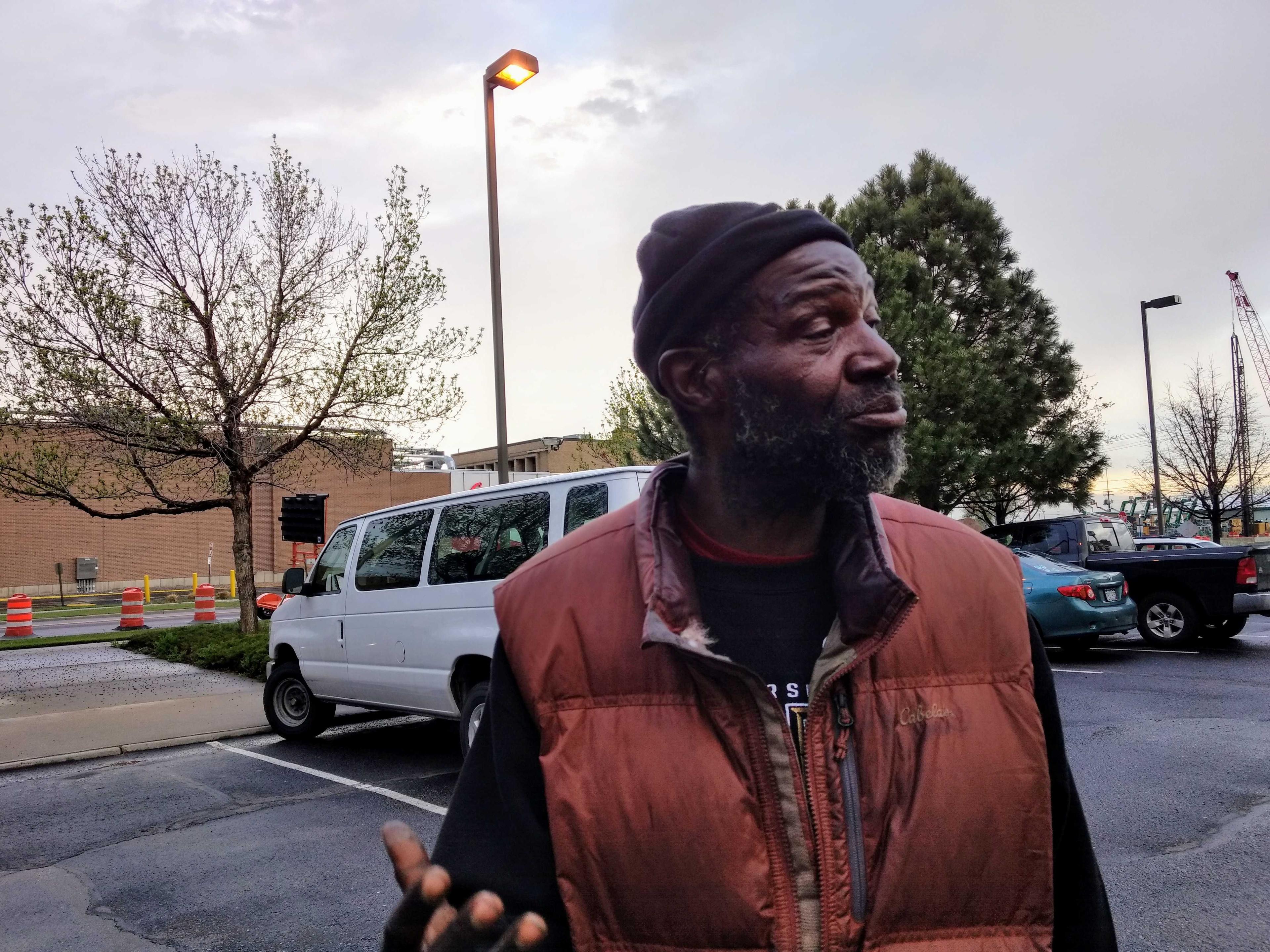An outspoken opponent of the city's camping ban has asked a Denver court to dismiss charges he faces under the law, saying the measure is unconstitutional.
In a motion filed Tuesday, Jerry Burton's lawyer makes several arguments in challenging the law passed by the Denver City Council in 2012 -- and overwhelmingly supported by voters earlier this year.
Ryan Luby, a spokesman for the city attorney's office, said in an email that the city believes "the ordinance is constitutionally sound." Luby said he could not comment on a pending case.
Burton's lawyer, Andy McNulty, also represented people experiencing homelessness such as Burton in a class action suit over how the city clears homeless encampments. That claim ended in a settlement under which the city will pay $5,000 to each of the six lead plaintiffs, plus take steps to provide public lockers, trash bins and portable toilets in parts of town frequented by people who have no homes.
For Burton's case in county court, McNulty told Denverite he was hoping for a hearing so he can make a public argument about the camping ban's history and consequences.
"We're optimistic that at the very least we'll be able to give a voice to the voiceless in Denver right now," McNulty said.
Burton is a member of Denver Homeless Out Loud, an advocacy group that got Initiative 300 on Denver's May municipal ballot. Some 80 percent of voters rejected 300, also known as Right to Survive. Opponents had said that 300 would undermine Denver's ability to maintain order and sanitation in public spaces. Denver Homeless Out Loud said 300 would have safeguarded the basic rights of people without homes.
On April 29, shortly before the municipal vote in which 300 was defeated, Burton was camping with a large group along the North Platte River "after having been told to 'move along' from a number of safer, more-well-lit locations that same day," according to McNulty's motion. McNulty said a police officer tried to force Burton to go to a shelter. Burton refused and was issued a citation for violating the camping ban.
In his motion, McNulty notes that judges in other cities have struck down camping bans, ruling that it is unconstitutional to prosecute people for sleeping on the streets when shelters are inadequate. Burton says Denver's shelters are dangerous and others have argued they don't meet the needs of, for example, couples who want to stay together, working people whose schedules clash with shelter opening and closing hours, and women who find too few beds. The city plans to revamp its shelter system.
McNulty also argues Denver's camping ban is unconstitutional because it is unequally enforced. People living in homelessness are most likely to receive citations, while people camping overnight to, for example, be first in line to buy concert tickets are not accused of violating its provisions.
The camping ban outlaws eating, sleeping or storing belongings while sheltering with tents, tarps, or blankets on public property. According to the law, before issuing a citation or making an arrest under the ban, police officers must first try to connect those experiencing homelessness to services.
"Although the camping ban is neutral on its face, Supreme Court precedent mandates that this court must look beyond the neutral face of the measure to its underlying purpose and its impact on particular groups," McNulty wrote.
The lawyer also raised privacy issues.













